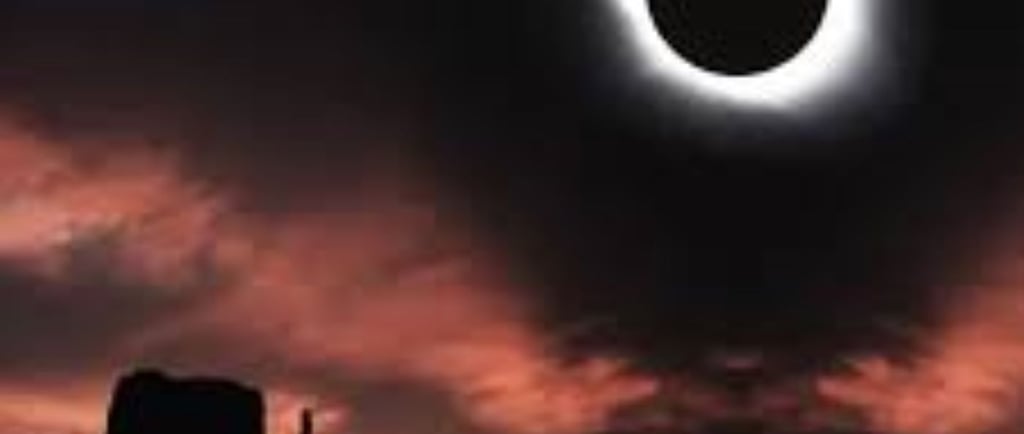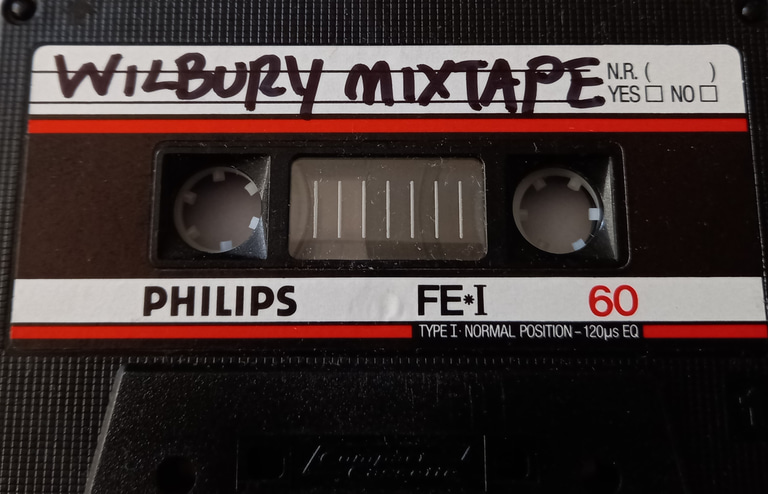Review
The Owl, Full Moon Eclipse
12/2/20242 min read


The Owl, Full Moon Eclipse
The joys of overproduction are underestimated. Excess is equated with a lack of quality control.* One of the great overproducers of our time is Steven Stapleton of Nurse With Wound. A huffy Pitchfork review of three simultaneous releases (which conveniently overlooked how different the albums are from each other) opined:
“When placed in the appropriate context of a creativity that should by all accounts be entirely bankrupt, these three albums irrevocably prove that Stapleton is basically releasing every sound he's ever produced.”
As if this was a bad thing. Overproduction is in any case a relative term. It goes against typical industry practice which is to release, promote, and tour an album at most annually. Some outliers on the periphery of the mainstream made it their business to subvert this paradigm. Melvins, and The Fall often followed idiosyncratic standard operating procedures of releasing an album and going on tour with new material for the next one. Stapleton has made something of a cottage industry of his music and art. He’s not alone. There are plenty more examples of artists with compulsive creative overdrives: Merzbow, Vomir, Justin Broadrick, Stephen Lawrie, and, of course, those grandmasters of DIY production Sun Ra and Billy Childish. But there are also the less well known, equally worthy of attention: Lord Cernnunos, Brent Gutzeit, and, of course, The Owl. Indeed, since Full Moon Eclipse they have released two more albums.
The Owl is a Czechia based project who has worked, and continues to work, across several pseudonyms and collaborations. Other projects include Picture Storms (heavy drone) and Morbid Beauty (harsh noise). There’s also a netlabel, Owlripper Recordings which specializes in experimental music and sounds. The notes for Full Moon Eclipse talk about how “stunning moments[s] can surprise.” These are not necessarily entirely negative nor positive. The album is a response to torrential flooding that occurred in parts of Czechia. The tracks use minimal piano, synths, and field recordings. Moments of static appear and fall away. The results are uncanny and engrossing. Although the album can be taken on its own terms, it is also a response to climate change. Some song titles point toward a better future, but the emotions evoked by the sounds have a resigned air; almost as if we’re still expecting worse to come. Mesmerizing.
*Please don’t lazily quote on Sturgeon’s Law. Ninety percent of people who quote it are morons.
